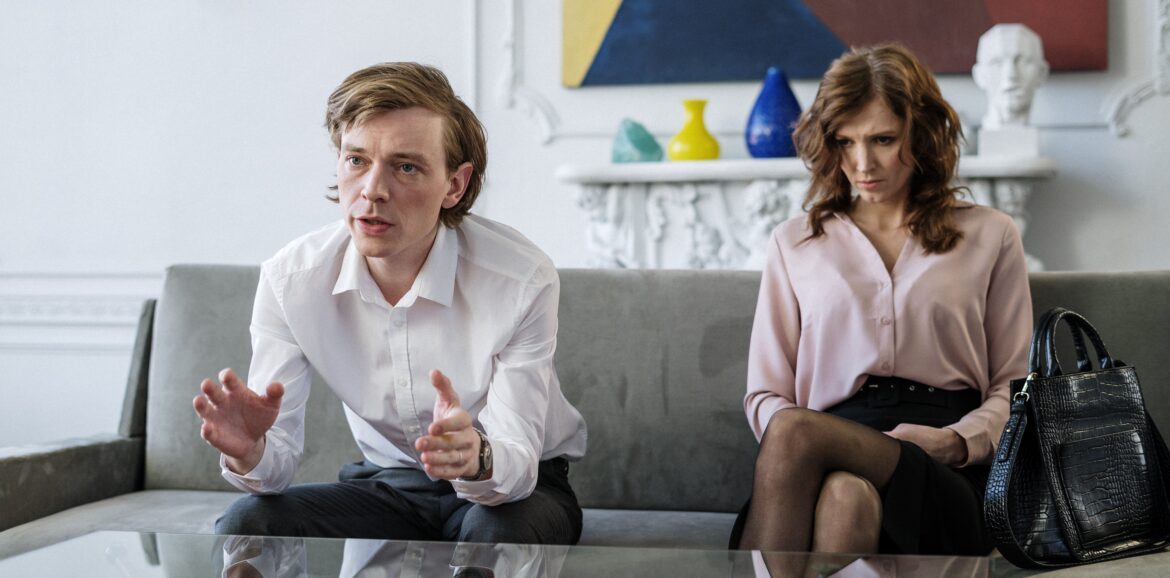“It rarely if ever happens that a marriage evolves into a smooth, crisis-free relationship. Awareness does not come without pain,” said the renowned psychotherapist Carl Gustav Jung.
There is a well-known saying that “love conquers all and solves them all”.Yet what do we do when we realise that love is no longer enough or that the way we love or are loved by the person next to us is not one that brings satisfaction to our lives? Love has different stages of evolution, from the feeling of being tempted and falling in love, when we idealize the person next to us and see him or her in a totally favourable light, to the withdrawal of the idealized projection on the partner, when we begin to perceive his or her flaws or the parts we dislike, to the development of attachment to the person next to us, to accepting him or her in his or her fullness and giving unconditional love, or to the feeling of being disappointed and alienated from the partner, which often leads to the breaking of the couple bond.
Relationships are very complex, each partner brings to the couple their own experiences, perceptions, familiar patterns of relating and their own expectations and notions of what love is.Thus a relationship can be a source of deep disappointment and pain, but also a platform for personal development, inner evolution, healing of emotional wounds and fulfilment.
The most common relationship problems are:
• poor or non-existent communication between partners
• difficulties in managing anger or violence in a couple
• infidelity, jealousy
• alcohol or substance addiction
• sexual difficulties
• feelings of loneliness in the couple, lack of appreciation from the partner
• dysfunctions or conflicts arising from major changes in the couple such as: loss of a job, birth of a child, change of residence, illness of one of the partners, etc. which may lead to decisions to separate or divorce.
Counselling or couple psychotherapy are viable and effective solutions for managing and resolving relationship problems between partners. Couple psychotherapy differs from individual psychotherapy in that the therapist is not so much focused on the individual experiences of the partners as on the communication between them.
It is essential that the decision to use couples psychotherapy is agreed by both partners out of a desire to explore and clarify issues that are sensitive or of interest to both partners. In this way, the psychotherapist creates a special place and space in which the couple can focus their attention on their relationship, identify their difficulties or vulnerabilities, analyse them under the mediation of a specialised third party, and finally find the right solutions for themselves and their relationship and bring about change.
Request an appointment!
Offer yourself the care and time you are willing to give others!
